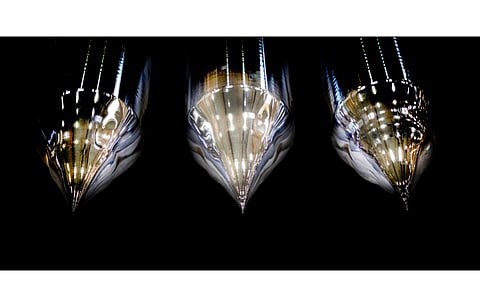

Norway headquartered monocrystalline ingot, bricks and wafer producer Norwegian Crystals (NCR) has been contracted under a binding supply agreement to provide silicon wafers to European solar cell and module maker Meyer Burger Technology AG.
Meyer Burger says polysilicon used to manufacture the wafers is of European and US origin without providing details of any specific quantities ordered. "With the delivery of first quantities of wafers from European production, Meyer Burger closes the last gap in the strategic re-establishment of a European supply chain for the production of solar cells and solar modules," said Chief Operating Officer at Meyer Burger, Daniel Menzel.
The duo is exploring the possibility to expand wafer supplies for the coming years and along the planned growth of the German manufacturer with Swiss roots.
Since NCR uses hydropower to manufacture its products within Europe, Meyer Burger touts their low carbon footprint and also the fact that its proprietary heterojunction (HJT)/SmartWire technology needs thinner wafers which means less consumption of electricity.
However, Menzel added, "Nevertheless, Meyer Burger will continue to balance the benefits of global supply chains, but with clear and unambiguous requirements for social, ecological and economic sustainability."
NCR currently operates 500 MW annual production capacity of ultra-low carbon ingots, and works with partners to produce wafers from bricks. It aims to establish a competitive ingot production capacity in Glomfjord of 10 GW annually. The manufacturer identifies South Korea and France as 2 main markets for ultra-low carbon footprint silicon ingots due to existing regulatory framework, and expects more markets to follow suit leading to growth in demand for such products in the near future.
